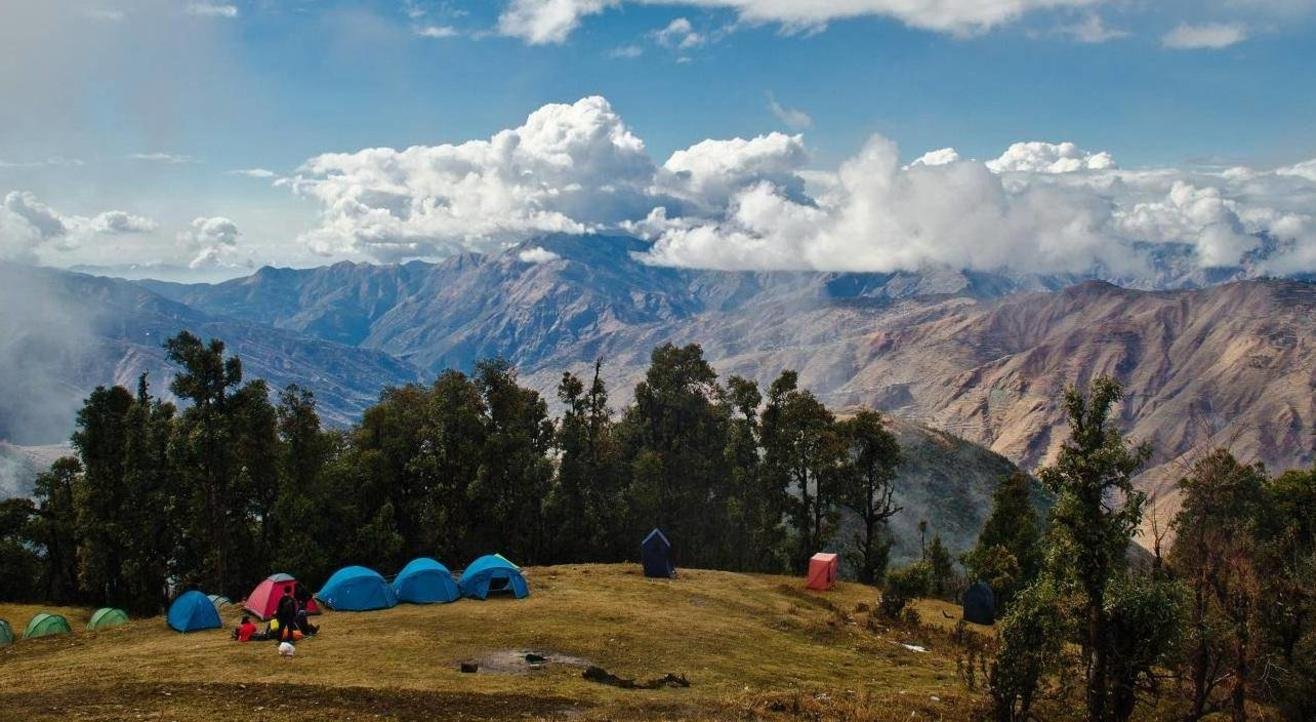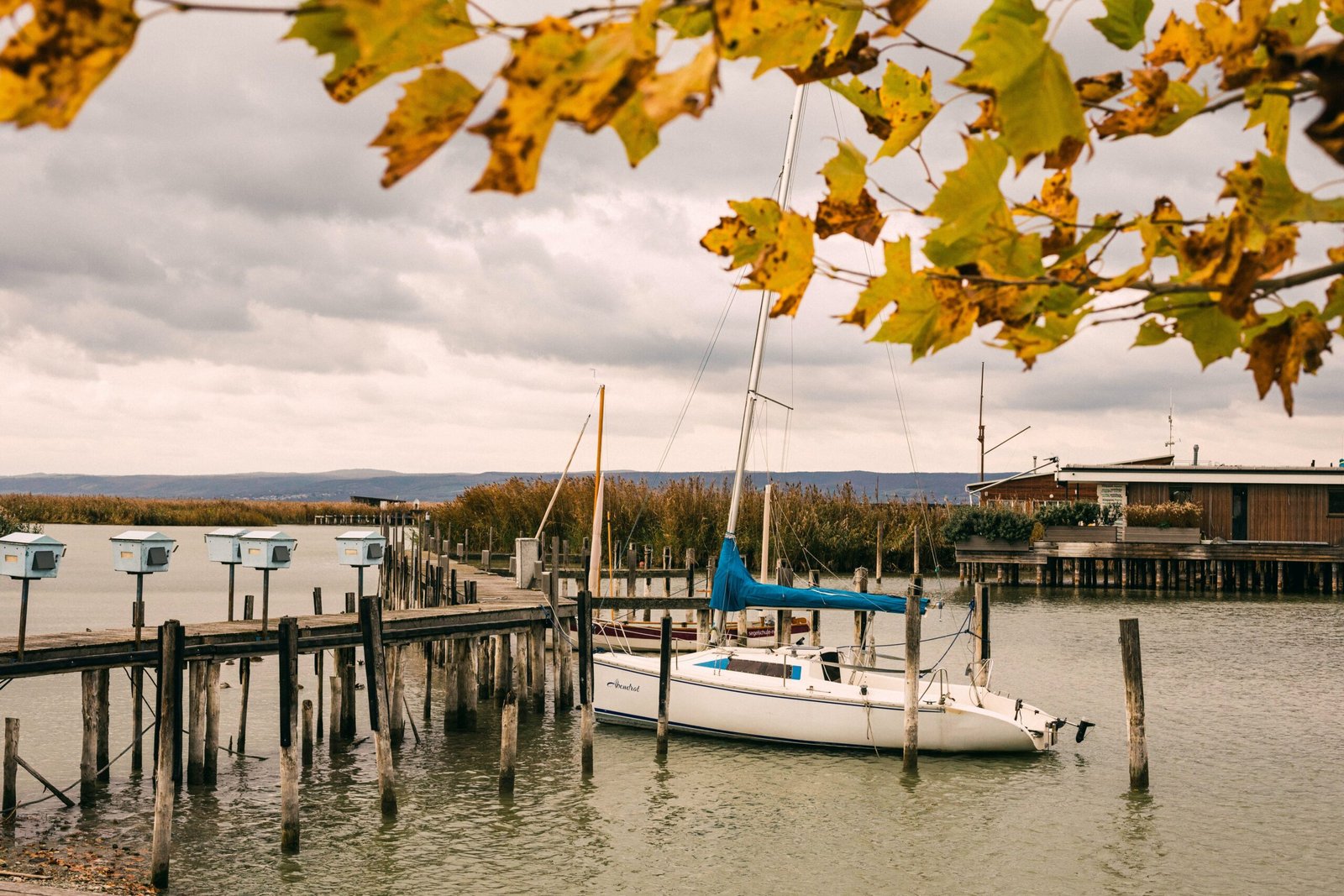Introduction
The Nag Tibba Trek is an exhilarating adventure through lush forests, charming villages, and beautiful mountain vistas. It is situated in the stunning Uttarakhand Garhwal Himalayas. At 3,022 metres, Nag Tibba, also known as the “Serpent’s Peak,” is a peak that offers the perfect balance of breathtaking vistas, intriguing cultural contacts, and difficult ascents. This essay will cover the Nag Tibba Trek in great length, including its stunning landscape, distinguishing features, and all the details you need to embark on this life-altering trip.
Briefly, the Nag Tibba Trek
A well-known trekking route in Uttarakhand that draws tourists from all over the world is the Nag Tibba Trek. Both novice and experienced hikers will enjoy this delightfully easy trip, which offers hikers the chance to see the Garhwal Himalayas’ natural beauty. The walk path offers stunning vistas of peaks like Bandar Poonch, Gangotri, Kedarnath, and Swarga Rohini that are covered in snow, as well as dense woods, charming towns, and lovely meadows.
Route and trek’s first day:
Dehradun to Pantwari Village Hikers leave from Dehradun and arrive to Pantwari Village, which serves as the walk’s starting point. It takes roughly four to five hours to travel to Pantwari Village. The journey then starts along a path that meanders past substantial stands of rhododendron, oak, and deodar trees. To reach the first camping location in Kathian, hikers must ascend a rocky trail.
On the second day of the trek, hikers start their ascent to the Nag Tibba peak. Kathian reaches the summit of Nag Tibba. The ascent may provide breathtaking views of the surrounding valleys and snow capped summits. After reaching the peak, hikers can explore the area, visit the Nag Tibba Temple, and enjoy the stunning views. Camping at the summit under a starry sky is a wonderful experience.
Retrace the Ascent’s Route from Pantwari Village to Dehradun – On third day, you must travel from Dehradun back to Pantwari Village. Hikers kiss the mountains farewell and return to Dehradun after an amazing journey.
The magnificent Bandarpoonch range, Gangotri, Kedarnath, and Swargarohini, as well as other snow capped mountains, are among the breathtaking panoramas to behold on the Nag Tibba Trek. I’ll start with the beauty of nature. Along the entire length of the walk, gorgeous rhododendron blooms, verdant meadows, and towering trees serve as the backdrop.
Plants and animals:
You will have the opportunity to witness a wide variety of animals, including Himalayan langurs, musk deer, foxes, and a vast palette of bird species, as the journey takes you through a variety of ecosystems. The woodlands’ allure is enhanced by the oak, deodar, and rhododendron trees.
Cultural Immersion:
During the Nag Tibba Trek, hikers can get a taste of the vivacious Garhwali culture and the friendly welcome of the locals. As you interact with the locals and enjoy delectable Garhwali cuisine, you may learn about their traditions and way of life.
At the Nag Tibba Temple, which honours the snake god, hikers can take a break. As we witness the people’s devotion and rituals, which have a profound religious value for them, the voyage assumes a spiritual undertone.
An enjoyable aspect of the Nag Tibba Trek is camping out at night amidst the tranquil mountain scenery. Set a camp close to the summits of Kathian and Nag Tibba, then spend the evenings around the campfire chatting with friends and taking in the peace and quiet of the outdoors.
when to go for a walk.
The Nag Tibba Trek offers a special adventure for each season each year. The stroll is only allowed during the months of April, June, September, and November. These months typically have excellent weather and clear skies. Rhododendron blossoms cover the area in abundance in the months of April and May. Visitors can enjoy post-monsoon views, which showcase lush greenery and sharper mountain vistas, from September through November.
Important Preparations and Advice
Although the Nag Tibba Trek is suitable for beginners, it is nevertheless imperative to be in excellent physical condition. To prepare for the walk, regularly work on your cardiovascular and muscular systems. Start with shorter hikes to build stamina and endurance.
Bring only what you need, such as a sturdy backpack, sleeping bag, trekking poles, sunscreen, a first-aid kit, water bottles and snacks that are high in energy. A first-aid kit, suitable hiking boots, layers of clothing for various climates, and a first-aid kit should also be brought. Bring the necessary authorization, a compass, and a map, and don’t forget to bring them.
Acclimatization: Before starting the journey, spend a day in Dehradun or Mussoorie to get used to the higher altitude. Keep yourself hydrated the entire trek to avoid altitude sickness.
Conclusion
The Nag Tibba Trek offers a stunning tour of the majestic Garhwal Himalayas by fusing breathtaking scenery, rich cultural experiences, and challenging paths. For hikers of all experience levels who wish to fully appreciate Uttarakhand’s natural magnificence, it is the finest option. Along the Nag Tibba Trek, a testament to the wonders of nature, you can find lovely villages, lush forests, snow-capped peaks, and colourful meadows. Get ready for this amazing journey that will enthral you and take you across the Garhwal Himalayas.



